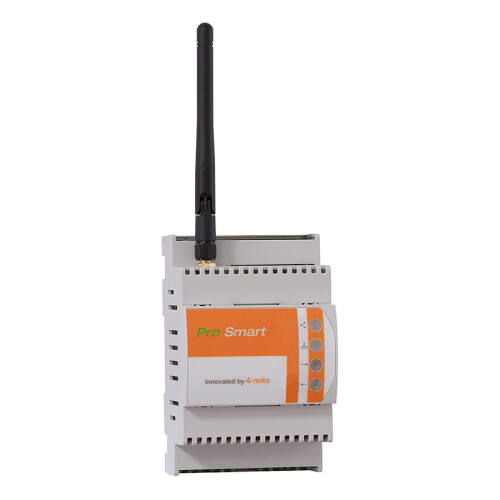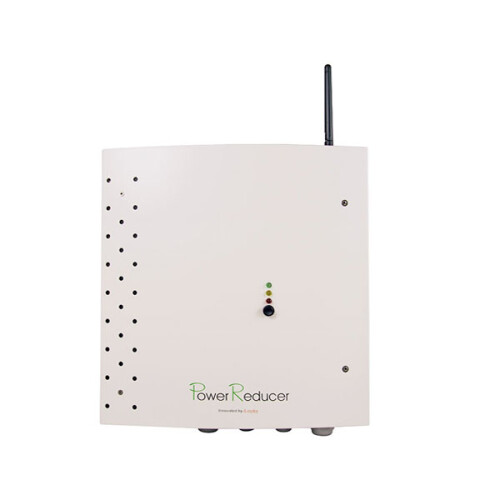Photovoltaic
Photovoltaics: clean and sustainable energy for the future
Photovoltaics represents one of the most promising solutions for generating clean and sustainable energy.
By harnessing sunlight to produce electricity, this technology offers numerous advantages, including energy savings, reduced CO₂ emissions, and greater energy independence.
What is photovoltaics?
Photovoltaics is a technology that converts solar energy directly into electricity using photovoltaic cells. These cells, made of semiconductor materials like silicon, generate an electric current when exposed to sunlight. Photovoltaic modules, consisting of multiple interconnected cells, can be installed on rooftops, open fields, and other sun-exposed surfaces.
Advantages of photovoltaics
- Renewable energy: photovoltaics utilizes an inexhaustible and free energy source—the sun—reducing dependence on fossil fuels.
- Lower CO₂ emissions: solar energy does not produce greenhouse gas emissions during operation, helping to combat climate change.
- Economic savings: photovoltaic systems lower long-term energy costs through self-generated electricity and available tax incentives in many countries.
- Energy independence: photovoltaics allows for local energy generation, reducing reliance on the power grid and enhancing energy security.
- Minimal maintenance: photovoltaic systems require little maintenance and have a long lifespan, typically exceeding 25 years.
How a photovoltaic system works
A photovoltaic system consists of various components that work together to convert solar energy into usable electricity:
- Photovoltaic modules: solar panels that capture sunlight and convert it into direct current (DC).
- Inverter: a device that converts DC electricity from the modules into alternating current (AC), which can power electrical appliances.
- Mounting system: structures that support the photovoltaic modules, ensuring stability and optimal sun exposure.
- Production meter: a tool that measures the electricity generated by the photovoltaic system.
- Batteries (optional): storage units that retain excess energy for use when solar production is insufficient.
Applications of photovoltaics
Photovoltaic technology has multiple applications, catering to different energy needs:
- Residential: rooftop photovoltaic systems provide clean energy for households, lowering electricity bills.
- Commercial: businesses can install photovoltaic systems on their buildings to cut energy costs and enhance sustainability.
- Industrial: large-scale photovoltaic systems can power manufacturing facilities, reducing operating costs and CO₂ emissions.
- Agriculture: photovoltaic systems can power greenhouses, irrigation systems, and other agricultural equipment, improving efficiency and sustainability.
























